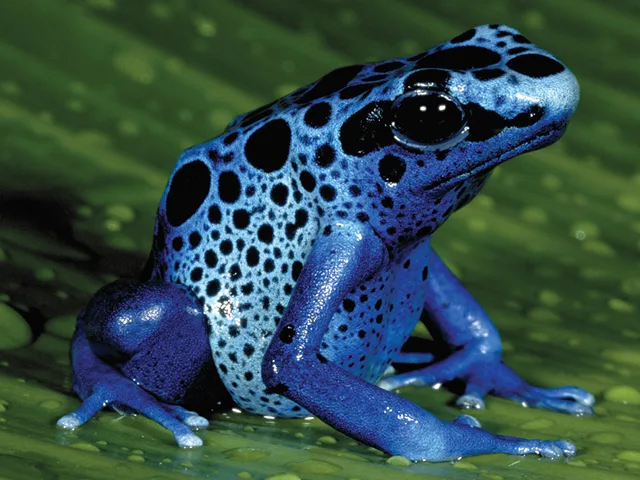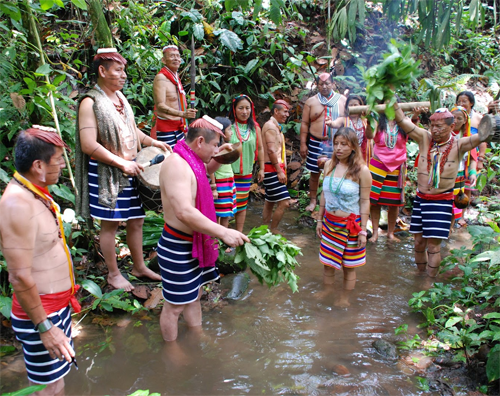Ecuador fights pharmaceutical companies to protect native medicinal knowledge from ‘biopiracy’
By Rick Johnson
Almost unknown outside of the pages academic intellectual property journals, biopiracy is a major challenge for Ecuador’s Institute of Intellectual Property (IEPI).
The IEPI is charged with protecting the country’s ancestral natural medicinal knowledge from outside threats, including those posed by large pharmaceutical companies looking for the next miracle drug. Even though protection of plant and animal medicinal knowledge is written into Ecuador’s constitution, enforcing laws against biopiracy isn’t easy.
Lourdes Miller, director of IEPI, cites a case from the 1970s when epibatidine was discovered in the Ecuadorian jungle. Epibatidine is an alkaloid found on the skin of the endangered Ecuadorian poison dart frog, Epipedobates tricolor. Epibatidine is a potent non-opioid analgesic.
“Two U.S. investigators took samples of this poisonous Andes frog, and discovered the pharmaceutical applications of this compound, which has 200 times the potency of morphine,” Miller said.
According to Santiago Ron, a biologist at the Universidad Católica’s zoology museum and an advisor to IEPI, the investigators learned about the medicinal qualities of frog skin from indigenous tribespeople.
For several years, IEPI has been in consultation with indigenous groups, such as the Tsachilas and Shuar, to catalog information about natural remedies known only to members of the community. It is also trying to make them understand the value of their knowledge of traditional medicine.
Under the law, indigenous communities who provide information about medicinal properties of plants and animals to licensed investigators, are entitled to a percentage of profits if marketable medicines are developed from their knowledge.
“It’s a slow, difficult process to educated them,” says Miller. “We have to explain what we are doing and why we are doing it,” she says. “Because of the communal nature of these people, the idea of putting a commercial value on something that comes from nature makes no sense.”
Miller and Ron say there is no totally effective way to control or avoid the removal of genetic samples from the country, even though there is currently a permit process managed by the Ministry of the Environment.
“It’s very hard to control this at the airports,” Miller says. “One could go to the Yasuní national park and collect samples that are so small yet contain the full genome of a plant, and these are easy to remove from the country.” She adds: “This is why it’s so important to work with indigenous communities so they can help us protect their heritage.”
Although the issue of ownership of the genetic information from ancestral sources was originally contested by international pharmaceutical firms, the 2019 Nagoya Protocol on Access to Genetic Resources and the Fair and Equitable Sharing of Benefits Arising from their Utilization to the Convention on Biological Diversity, established that ownership belonged to those who held the knowledge, most often indigenous communities in South America, Africa and Asia.




















